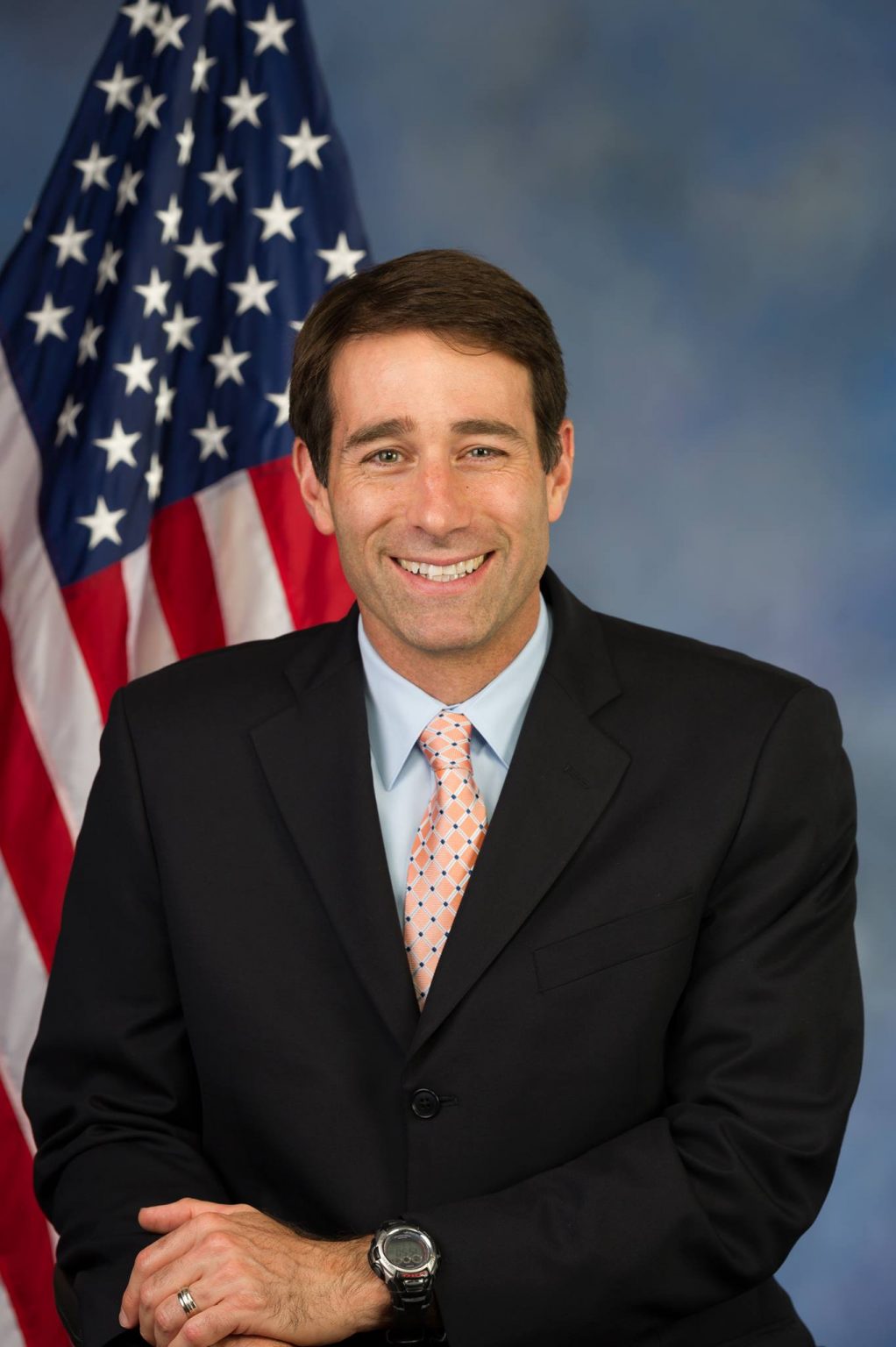
Bayou Business Monthly – November 2020
October 30, 2020
Family First Magazine – November 2020
November 1, 2020As Marco, Laura and Delta, among other Gulf storms, spared the Bayou Region from their worst effects, Zeta chose a different path from its counterparts.
With sustained winds of around 110 mph, Hurricane Zeta struck southeast Louisiana as a Category 2. In its wake, it left blackouts, toppled homes and strewn trees and power lines on roadways.
Hit hardest were communities in the southern regions of Terrebonne, Lafourche and Jefferson parishes.
“I think that one of the things that made it a little bit worse is that the storm was trending east at that 10 p.m. update, showing that it was going to crossover Pointe à la Hache down in lower Plaquemines Parish,” said U.S. Congressman Garret Graves, who represents portions of Terrebonne and Lafourche. “And then they showed it the next morning moving over to the west into Lafourche and Terrebonne — a huge concern because of some of the vulnerable communities outside the [Morganza to the Gulf] protection system and it showed the storm strengthening.”
“We were able to avoid the worst of the hits in Hurricane Laura and obviously Marco, Sally and Delta,” he continued. “But this one was more of a direct hit, and it caused great concern.”
Graves noted that due to the efforts by Lafourche and Terrebonne government and levee district officials to enhance flood protections in lower areas, Zeta would have also been a storm surge water event, not just a wind one.
“This was bad; we had some communities that were disproportionately impacted,” he said. “But you also got to give credit to how quickly people evacuated and a ton of credit to the work that was done that prevented this from being a lot worse.”
“We have probably the most practiced emergency responders in the nation,” Graves added. “And we have emergency operation centers that are probably like no other.”
With many damaged homes and thousands of residents without power, the Bayou Region now looks towards FEMA for assistance. The federal agency is also helping citizens with COVID-19 pandemic, California wildfires and other Gulf storms this season, among other recent events. However, the congressman noted that FEMA has a reserve staff that it can tap into and has the ability to scale back personnel in other disaster areas following the initial few months of getting the organization’s system in place.
In regard to funding, Graves explained how a law change in 2018 could increase the federal cost-share for the region. “[The law] now requires that FEMA not just look at an individual hurricane or tropical event when they’re determining what the cost-share should be for the state and local governments, but that they look at things cumulatively,” he said. “…That’s what helped support the decision that the president made [Thursday] night to do a 100 percent federal on some of the debris removal for Laura and Delta.”
“And we think that that law change is what’s going to cause a 90 percent federal cost-share for basically all the hurricanes and for the coronavirus for the state of Louisiana this year, which is going to be a real game-changer,” he continued.
The congressman shared that he’s never witnessed a hurricane season such as this — that has had so many storms impact Louisiana. In addition to the multiple tropical threats this year, Graves added, locals have also had to deal with the pandemic and the economic downturn it caused while also sustaining attacks on the Bayou Region’s energy industry by foreign countries.
Yet, the people in the Bayou Region always adapt and pull through whatever circumstances are brought their way, Graves noted.
“It’s something that’s really amazing about the people that we have. You don’t have people that just sit around and roll over on their back and play turtle and say, ‘Alright, I’m giving up here,’” he said. “I would put the people in the Bayou Region against any area in the country in regard to their ability to adapt to some of these challenging times.”







